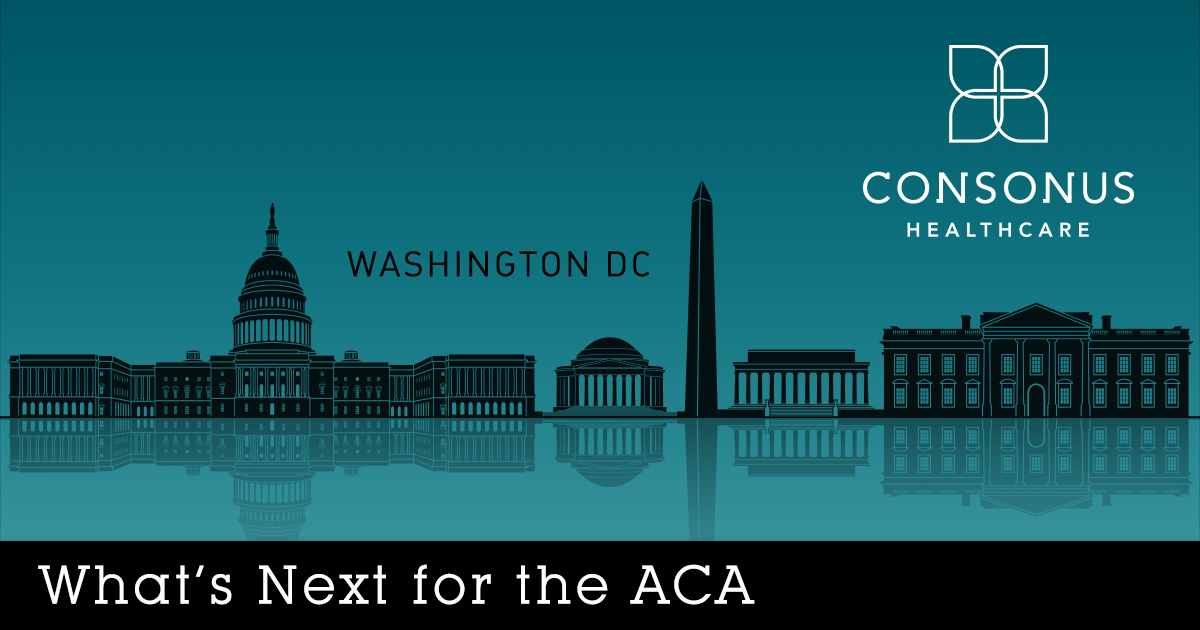
Even though Congressional efforts to “repeal and replace” the Affordable Care Act (ACA) failed famously last month, it’s not a matter of if the law will change, but when. As a profession, we need to stay active and vigilant, as I believe the greatest threat will continue to come from Medicaid changes still being contemplated.
As you may recall, the “American Health Care Act” (H.R. 1628, to be precise) would have cut more than $800 billion from the program nationwide, and severely threatened payments to long-term care providers. Though that bill never came to a vote—yet, substantial reductions in Medicaid funding and implementation of per capita caps are still under consideration, and could negatively affect our ability to deliver skilled nursing and assisted living services.
Obviously, that continues to be of great concern to me, but I’m optimistic too. Advocacy efforts by the American Health Care Association (AHCA), state affiliates and individual members before the bill’s demise yielded the last-minute introduction of several critical amendments, including:
- Higher annual growth rate—This change from the Consumer Price Index (CPI)-Medical growth rate to CPI-Medical plus one percent would result in increased funding for the aged and blind/disabled categories.
- Compounded growth—This amendment clarified that the annual cap rate growth would compound year over year, resulting in more funding for states and providers.
- Base year inclusion—This amendment ensured that provider taxes and related supplemental payment programs would be included in the base year, Fiscal Year 2016.
- Block grant exclusion—States would not be allowed to receive block grants for the aged or blind/disabled populations. Instead, these two groups would remain under the per capita cap financing structure—which affords more protections to providers and beneficiaries.
If, or more likely when, “repeal and replace” legislation is brought forward again, I have no doubt that these amendments will help us continue to protect our elderly and disabled clients. I want to especially recognize the commitment of House Speaker Paul Ryan, R-Wis., and Rep. Greg Walden, R-Ore., chair of the Energy and Commerce Committee. They were true advocates for our profession, and it was only through their efforts that these changes were included.
So where do we go from here, and how can you help?
Since chances are high that the bill will be revived in some form, we must be ready as a profession to respond in force if Medicaid funding for our high-need, vulnerable patients and residents continues to be threatened. It’s up to us to help members of Congress understand that the people we serve require and deserve all the protections possible in any health care reform effort. We are their voice—and they must continue to be heard.
This can be as simple as calling, writing, tweeting, talking or connecting in any way you possibly can with your elected officials. AHCA offers a wealth of tools and information to help facilitate those contacts, and I would also encourage you to support their efforts by becoming an Advocate for Care at ahcancal.org.
The fight to preserve Medicaid is by no means over, and it goes straight to the core of why so many of us chose this profession in the first place—to be protectors and champions of those in our care.
Phil Fogg is the president and CEO of Marquis Companies and Consonus Healthcare, and an at-large board member and executive committee liaison for the American Health Care Association (AHCA)
